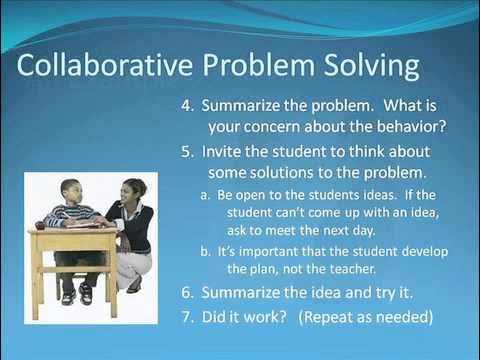Vídeo
Summary
TLDRIn this engaging discussion, educators emphasize the importance of digital transition in addressing economic challenges faced by students in socially disadvantaged neighborhoods. The conversation highlights innovative pedagogical practices, including the integration of computer use and robotics clubs, aimed at enhancing students' knowledge and citizenship skills. Teachers collaborate to share experiences and improve digital learning, while students are motivated to engage with technology, fostering teamwork and independent research. The overall message underscores the transformative potential of technology in education, helping to bridge knowledge gaps and inspire students.
Takeaways
- 😀 The importance of digital transition in education to enhance knowledge acquisition for students in economically challenged neighborhoods.
- 😀 Schools are utilizing computers as essential tools for teaching and learning.
- 😀 Collaboration among teachers is crucial for planning and sharing pedagogical practices.
- 😀 Annual seminars are held to exchange ideas on digital projects and innovations among educators.
- 😀 The robotics club is a significant initiative aimed at promoting computational thinking among students.
- 😀 Interactive whiteboards in classrooms enhance student engagement and facilitate learning.
- 😀 Students are motivated to find answers to their questions using technology.
- 😀 Group work and collaboration among students are emphasized in the learning process.
- 😀 Students demonstrate a strong desire to use computers and engage in digital projects.
- 😀 Classrooms are designed to accommodate different learning paces, allowing each student to progress individually.
Q & A
What is the main topic discussed in the transcript?
-The main topic revolves around the use of digital tools and resources in education, particularly in addressing the economic challenges faced by students in socially disadvantaged neighborhoods.
How does the digital transition impact students according to the speaker?
-The digital transition provides students with additional tools to acquire knowledge, enhancing their scientific understanding and citizenship skills, which are crucial for their development.
What kind of educational practices are being implemented in the discussed educational grouping?
-The grouping implements various pedagogical practices, including annual seminars where teachers exchange ideas on the application of digital tools and projects, particularly in robotics.
What role does robotics play in the educational practices mentioned?
-Robotics is highlighted as a significant area of focus, aiming to engage students in computational thinking and to introduce them to technology in an interactive manner.
How are interactive whiteboards utilized in the classroom?
-Interactive whiteboards are used to facilitate learning by making lessons more engaging, allowing students to explore topics beyond the classroom and enhancing their motivation and curiosity.
What feedback do students provide about their experience with computers in class?
-Students express a strong preference for using computers, indicating that they are motivated to engage with digital tools and participate actively in their learning.
How do teachers perceive the dynamics of group work among students?
-Teachers view the collaborative work among students as positive, noting that the activity level and noise are part of a natural learning process, rather than signs of indiscipline.
What strategies are in place to support students' research and information organization skills?
-Students are encouraged to conduct research, organize information, and write their findings, fostering their ability to gather and present knowledge effectively.
What challenges do students face in socially disadvantaged neighborhoods?
-Students from economically challenged families often face significant difficulties that impact their educational experiences, making support and resources essential for their success.
How does the school involve parents in the educational process?
-The school encourages parental involvement by urging them to facilitate access to technology at home, emphasizing the importance of computers in their children's education.
Outlines

このセクションは有料ユーザー限定です。 アクセスするには、アップグレードをお願いします。
今すぐアップグレードMindmap

このセクションは有料ユーザー限定です。 アクセスするには、アップグレードをお願いします。
今すぐアップグレードKeywords

このセクションは有料ユーザー限定です。 アクセスするには、アップグレードをお願いします。
今すぐアップグレードHighlights

このセクションは有料ユーザー限定です。 アクセスするには、アップグレードをお願いします。
今すぐアップグレードTranscripts

このセクションは有料ユーザー限定です。 アクセスするには、アップグレードをお願いします。
今すぐアップグレード5.0 / 5 (0 votes)






